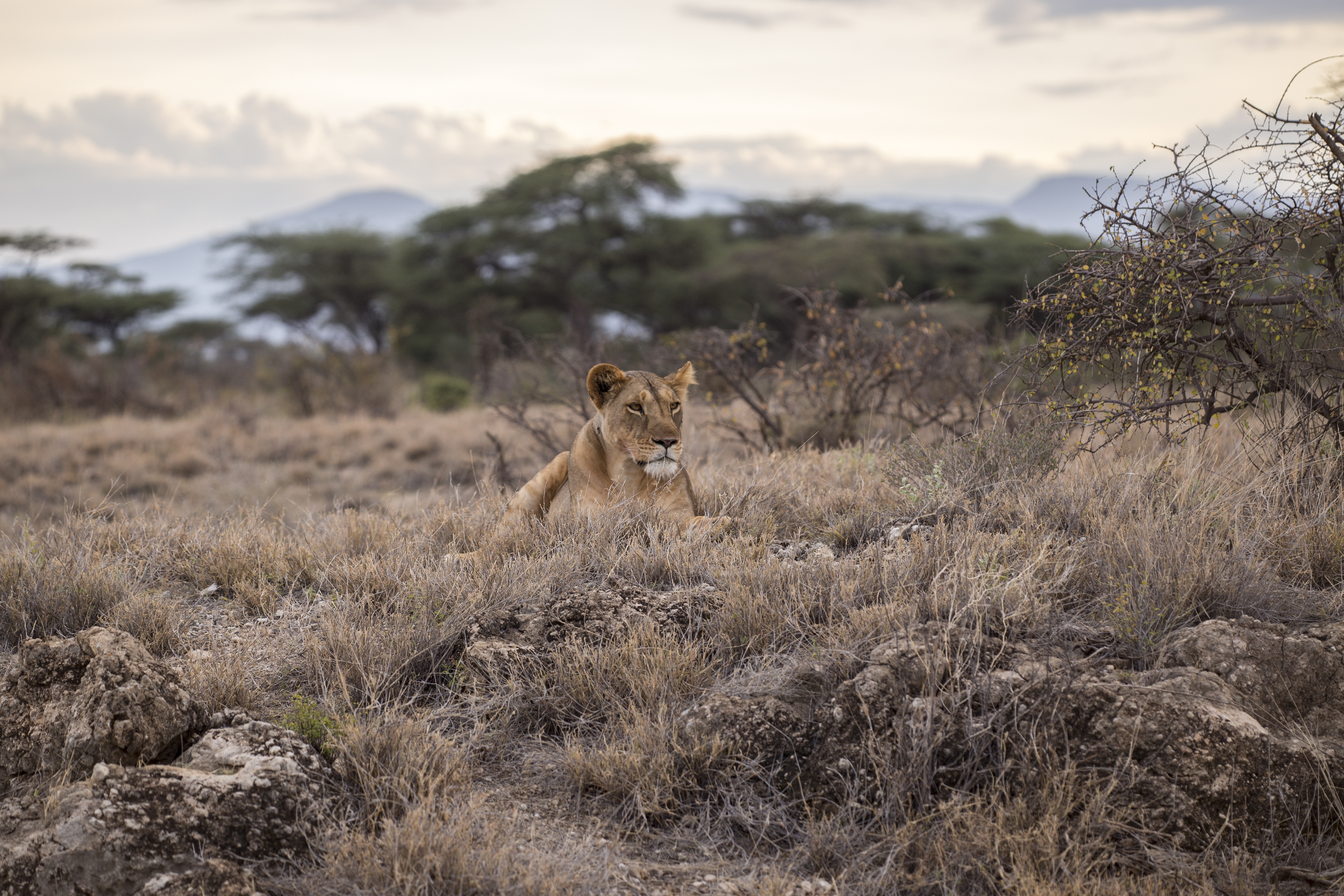
We are Losing Legendary Methods (Fieldwork 4) – By T. Mostert
Tok Mostert, a Professional Hunter from South Africa, now living in Sweden, is sharing his writings on dog training with us. You can start reading them from Part 1 here.
We are Losing Legendary Methods (Fieldwork 4) – By T. Mostert
Hunting your Dog, the Best Experience
Flake kept on improving to the stage where we shot several birds over her, placed birds and wild birds. The single biggest mistake you can make with placing birds, is making the game it too easy. The dog should work, work hard for each and every bird, some days I placed no birds or only ran her once other dogs have cleared a field. When you do place birds, place them towards the end and the middle of the field. As said before, if you only place birds on the edges or drainage ditches etc the dog learns to run straight up and down or straight towards these places. It takes many, many, birds to build a bird dog, but there is a thing as too many birds too.
The problem with pen raised and placed birds is that they do not act like wild birds, they do not entirely smell like wild birds either. We say they smell more poop than bird, the bird poop often sticks to their feet. That too can create a problem where the dog associates the poop smell with birds and often a empty point is where there is a concentration of bird poop. You absolutely have to train on wild birds or birds that were released much earlier in the season.
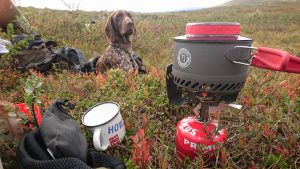
During these training sessions Sten pointed out how I can read the dog, and what I should look for, some of the things are such small changes in the dog that I would never have noticed them if he did not bring my attention to them. Learn to read your dog’s body language and you will only benefit from it. It was this that helped me see a problem coming with Flake’s advance (roading) and flush before it became a habit. Time, attention and the right type of birds make a great bird dog.
Some days Flake will still struggle with running birds or figuring out what is fresh bird scent and what is just scent left behind, especially in areas that are close to where pen birds are raised in volumes. She still needs to learn how to pin running birds or cut them off, she needs to adapt to how the wind flows over and around obstacles and barriers and how to use this. I am not overly concerned about this, it will fall in place with experience and exposure.
Points to ponder:
- The 3 P’s: a pointing dog can be stationary only while pissing, pooing or pointing.
2. Stay calm when your dog point, do not rush him.
3. Praise the dog only if you are 100% sure there is a bird.
4. Do not allow your dog to steal a point, it becomes a habit.
5. Give your young dog a fresh warm bird to smell and hold, he will remember the scent.
6. Only you can decide when to shoot for your dog, too soon.
7. A warm bird is harder for a young dog to pickup, some will even point them, encourage the dog, don’t force it!
8. There is such a thing as too many birds, especially over a short time.
9. There is such a thing as the wrong type of birds, placement is important.
10. Just because the dog points one type of bird does not mean he will point another kind, teach him!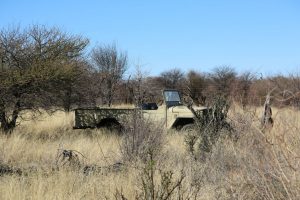
I dreamt of Africa…
Heat and exhaustion play havoc with a pointing dogs ability to find birds. Keep the dog hydrated, do not run them for more than 15 minutes in the heat (calculate the resting time multiplying the run time for three, eg: 10 minute run = 30 minute break). If you train and see the dog losing speed and focus, break and leash the dog.
Through all of this you should be having fun and so should your dog. Being a Professional Hunter, I have been fortunate enough to have hunted many places and many species over many countries. I can honestly say that hunting over my own HPR rates in the top 3 of all the hunts I have ever had the fortune to guide or complete by myself, right up there with dangerous game hunting thrill wise.
This concludes my ramblings and encouragements for now. There are many other factors you need to take into consideration when running your dog on field, hunting or competing. Like a good general you need to train and plan before you go into battle, mentally and physically you and your dog need to be ready.
Go find a Legend and train with them. Best of luck to all of you.

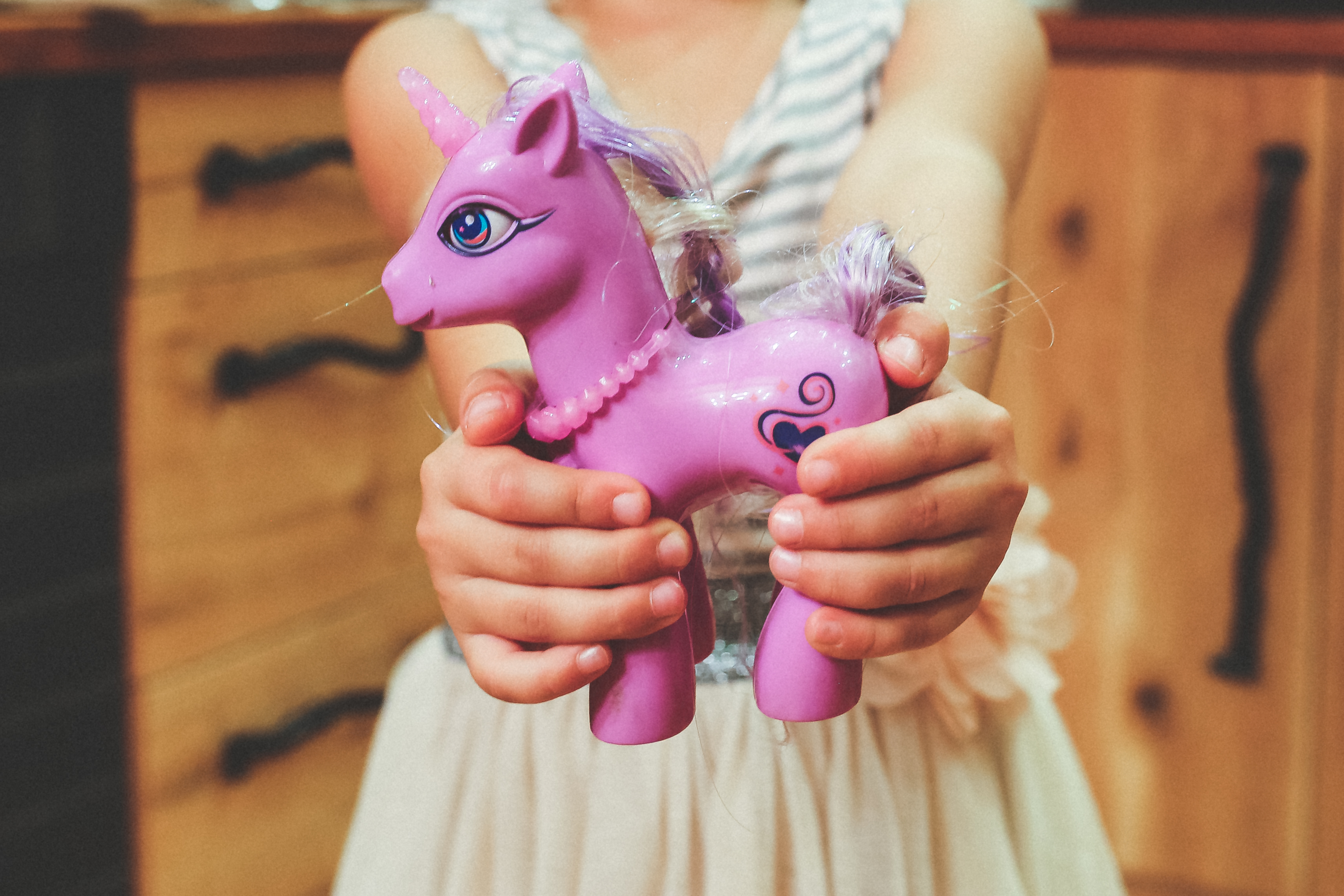


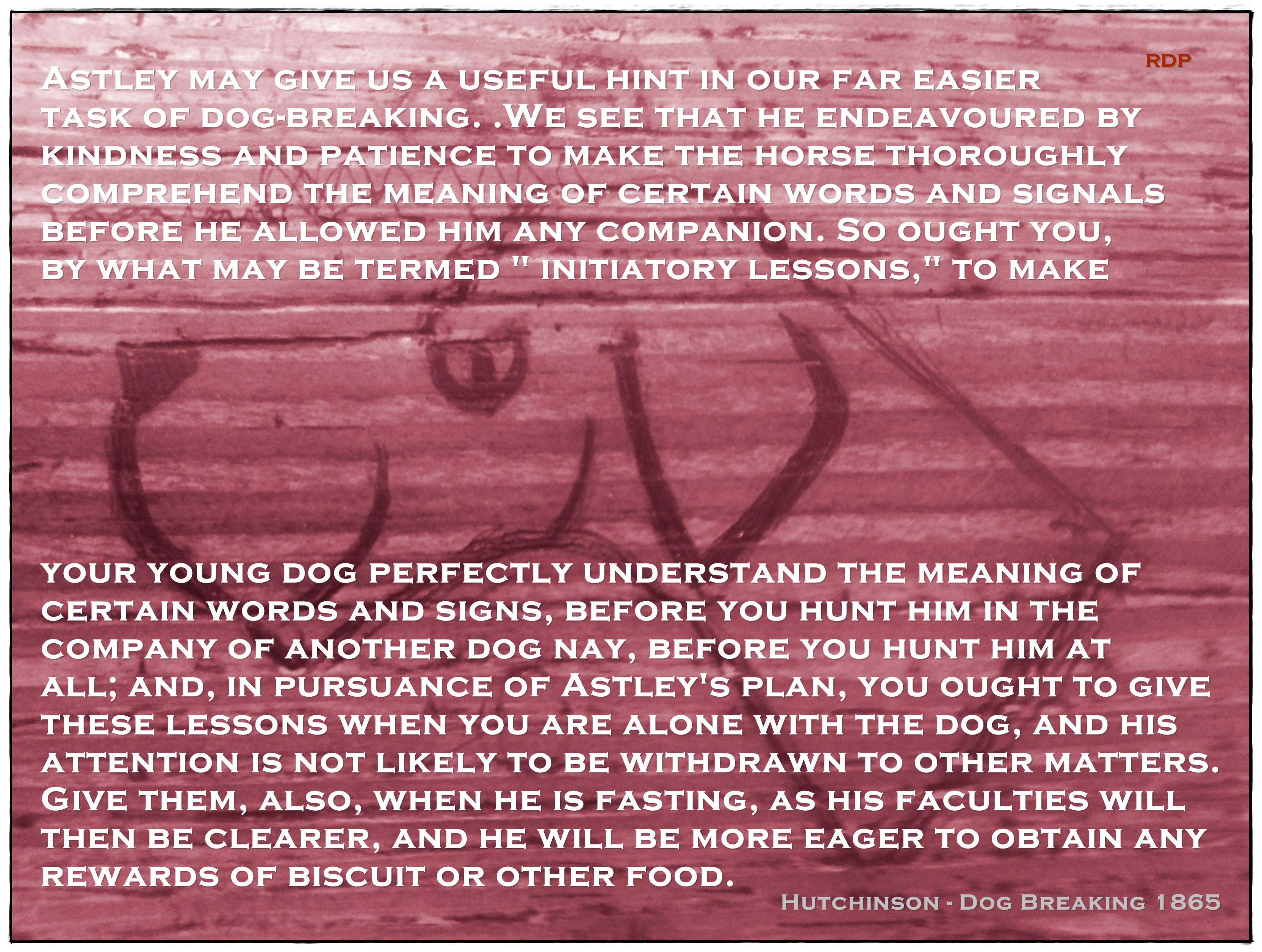
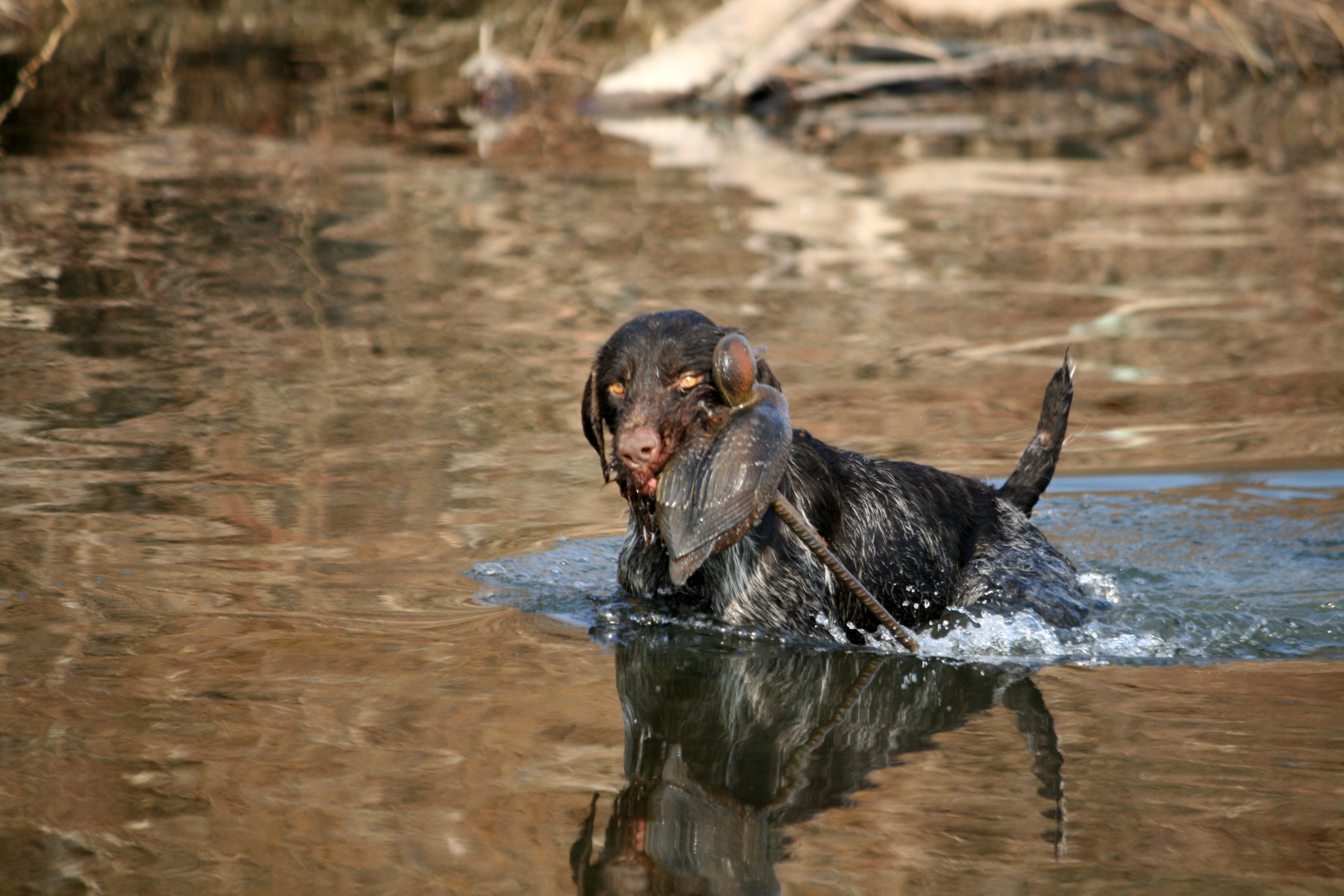

Un commento
Pingback: